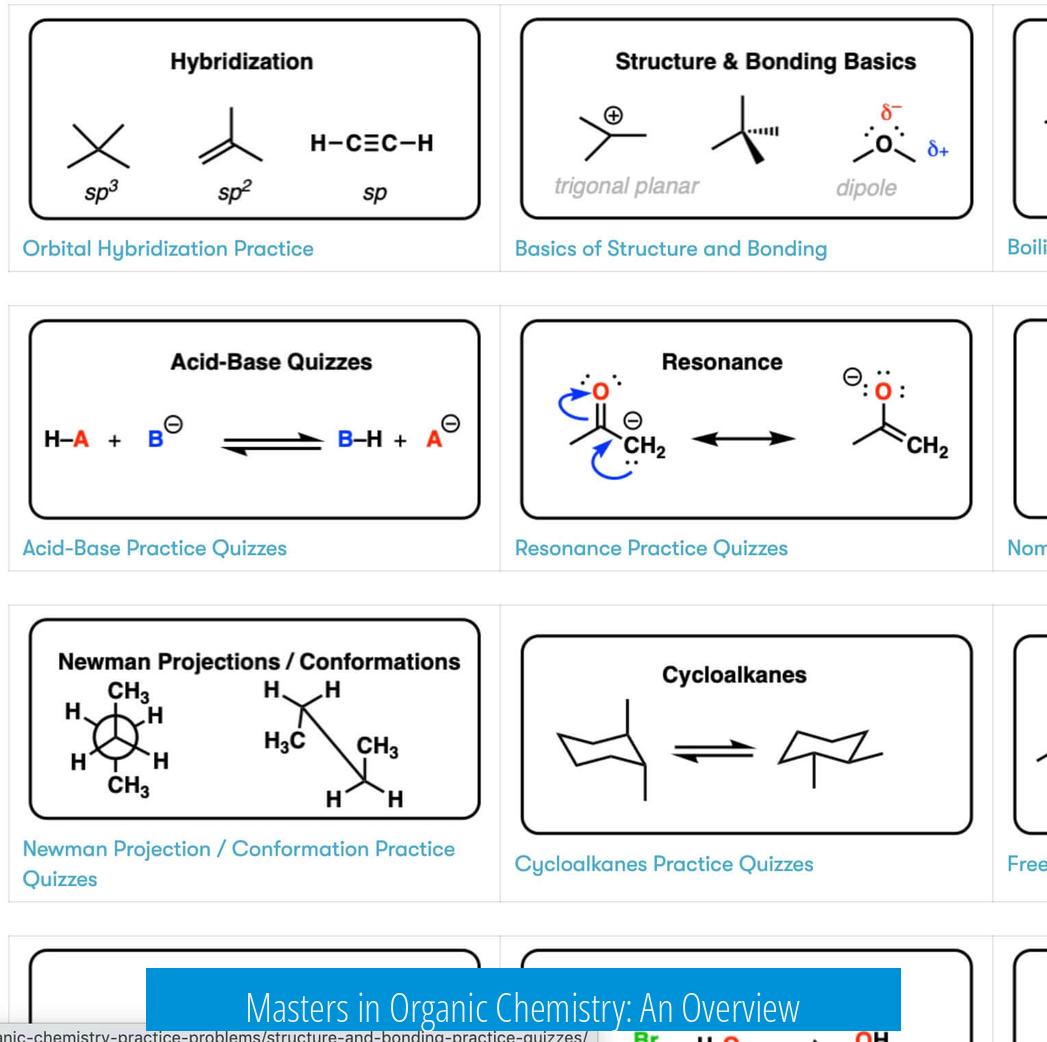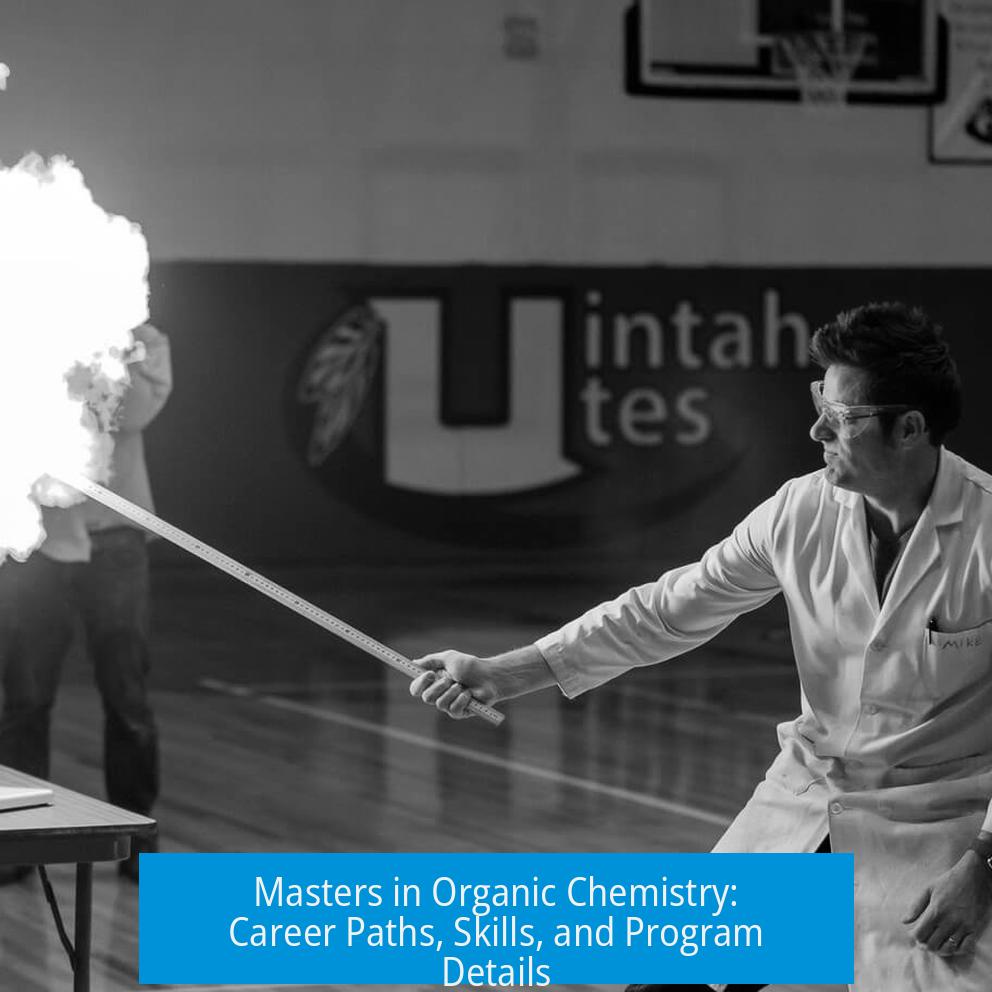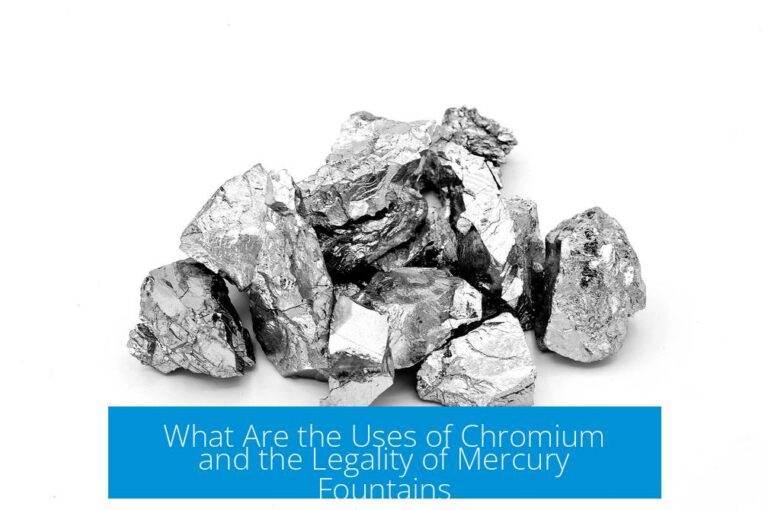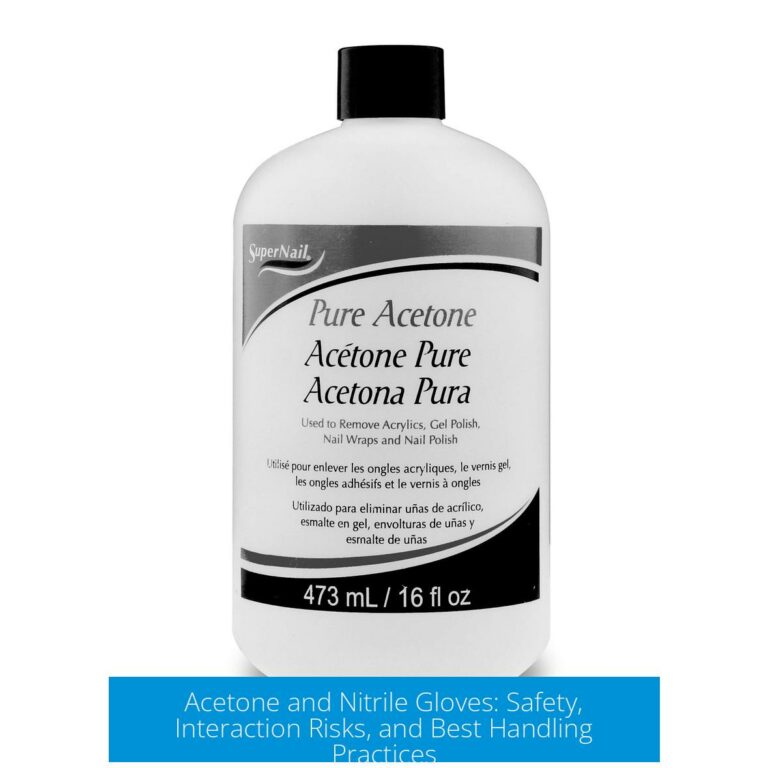Masters in Organic Chemistry: An Overview

A master’s degree in organic chemistry provides specialized knowledge but often limits career opportunities compared to a PhD, which offers greater flexibility and more options in chemistry-related fields.
Why Consider a PhD with a Master’s Option?
Many experts suggest entering a PhD program that allows students to “master out” if needed. This approach ensures access to more career paths.
- PhD programs often lead to better job prospects in chemistry.
- Switching to a PhD after completing a standalone master’s in the U.S. typically means no credit transfer and a full five-year commitment.
- Master’s-only programs may limit flexibility, especially for those targeting academic or advanced research roles.
Master’s Program Availability and Costs
Finding a dedicated master’s program in organic chemistry is challenging in certain countries, such as the U.S. Some institutions charge high tuition fees, which may not align with the financial return of the degree.
Prospective students should carefully evaluate program costs and benefits before enrollment.
Diverse Career Paths for Organic Chemistry Graduates
A master’s in organic chemistry opens doors beyond pharmaceuticals. Graduates find roles in several industries:
- Fragrances and cosmetics
- Food and beverage science
- Oil, gas, and energy sectors
- Fine chemicals and polymer/plastics industries
- Detergents and coatings
- Environmental science and public health
- Biotech startups and agriculture
- Forensic science and semiconductors
Most organic chemistry work does not directly involve medicine, allowing for a wide variety of career interests.
Skills to Acquire During a Master’s

Students should focus on mastering a broad set of analytical and laboratory techniques. This expertise enhances employability in multiple job markets.
- NMR spectroscopy
- Mass spectrometry
- Chromatography methods
- Polymer analysis
- Environmental analysis tools
Job Outcomes for Master’s Graduates
Recent master’s degree holders secure varied positions outside traditional pharma research, including:
- Work in wineries and food science labs
- Roles in materials and environmental chemistry
- Positions at cannabis companies and rubber manufacturers
- Public health and forensic laboratories
Key Takeaways
- PhD programs with a master’s exit option provide more career flexibility.
- Standalone master’s in organic chemistry may have limited availability and high costs in some countries.
- Career opportunities exist beyond pharma, with many industries relying on organic chemists.
- Acquiring a wide range of analytical skills improves job prospects.
- Master’s graduates work in diverse fields like cosmetics, food, environment, and biotech.
What are the benefits of joining a PhD program with a master’s option in organic chemistry?
Joining a PhD program with a master’s option offers more career flexibility. It allows you to earn a master’s degree if needed while working toward a PhD. This path opens up more opportunities than a standalone master’s.
Can a master’s in organic chemistry guarantee credit toward a PhD in the US?
No. In the US, master’s credits often do not count toward PhD programs. You might need to complete the full PhD program even after finishing a master’s degree elsewhere.
What industries can organic chemistry graduates work in besides pharmaceuticals?
Graduates can enter fields like fragrances, food and beverage, polymers, plastics, coatings, and fine chemicals. Many organic chemistry roles do not directly involve medicine.
How accessible are master’s programs in organic chemistry, and what about the cost?
Some countries or schools may have limited organic chemistry master’s programs. If a program demands high fees, consider alternatives; some quality options may not cost you much.
What skills should a master’s student in organic chemistry focus on to improve job prospects?
Learning a wide range of analytical techniques is crucial. It broadens job options across various sectors like forensic science, cosmetics, environmental chemistry, and biotech startups.





Leave a Comment